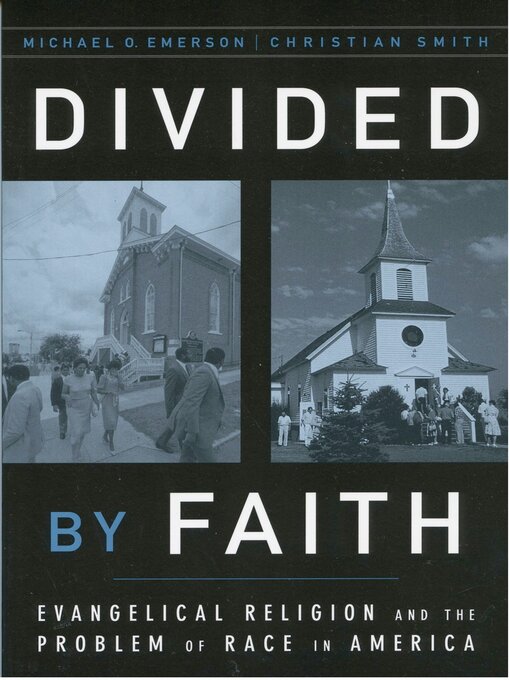- Available now
- New audiobook additions
- New kids additions
- New teen additions
- Most popular
- Try something different
- See all
-
Description
-
Creators
-
Details
-
Reviews

- Michael O. Emerson - Author
- Christian Smith - Author
Kindle Book
- Release date: July 20, 2000
OverDrive Read
- ISBN: 9780199741199
- Release date: July 20, 2000
EPUB ebook
- ISBN: 9780199741199
- File size: 2731 KB
- Release date: July 20, 2000

Loading
Formats
Kindle Book
OverDrive Read
EPUB ebook
subjects
Languages
English
